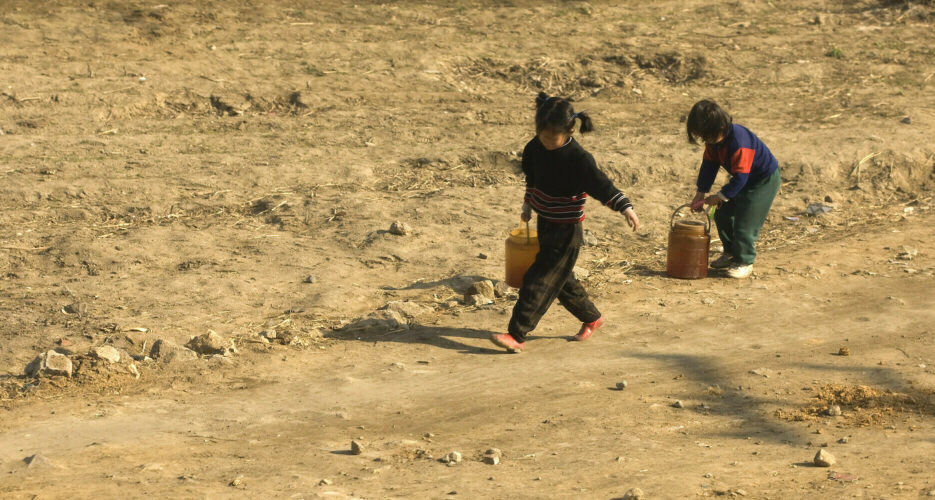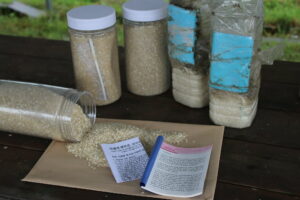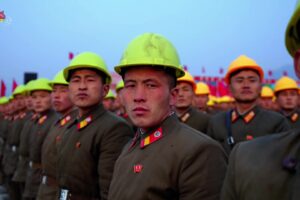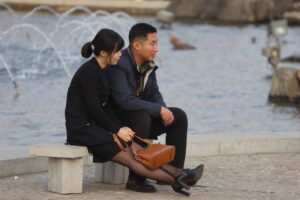Easy access to clean tap water is one of the unsung miracles of the modern world. A tap and a piece of soap in the kitchen, not to mention flush toilets, have arguably saved more human lives than many wonder drugs.
Yet while some 82% of North Koreans have access to tap water usable for basic sanitation, that water is not necessarily safe to drink: According to UNICEF, only 61% have access to safely managed water services. Another problem is even those with taps in their homes may not always have running water due to frequent power outages that shut off pumps.
Easy access to clean tap water is one of the unsung miracles of the modern world. A tap and a piece of soap in the kitchen, not to mention flush toilets, have arguably saved more human lives than many wonder drugs.
Yet while some 82% of North Koreans have access to tap water usable for basic sanitation, that water is not necessarily safe to drink: According to UNICEF, only 61% have access to safely managed water services. Another problem is even those with taps in their homes may not always have running water due to frequent power outages that shut off pumps.
Try unlimited access
Only $1 for four weeks
-
Unlimited access to all of NK News: reporting, investigations, analysis
-
Year-one discount if you continue past $1 trial period
-
The NK News Daily Update, an email newsletter to keep you in the loop
-
Searchable archive of all content, photo galleries, special columns
-
Contact NK News reporters with tips or requests for reporting
Get unlimited access to all NK News content, including original reporting, investigations, and analyses by our team of DPRK experts.
Subscribe
now
All major cards accepted. No commitments – you can cancel any time.











